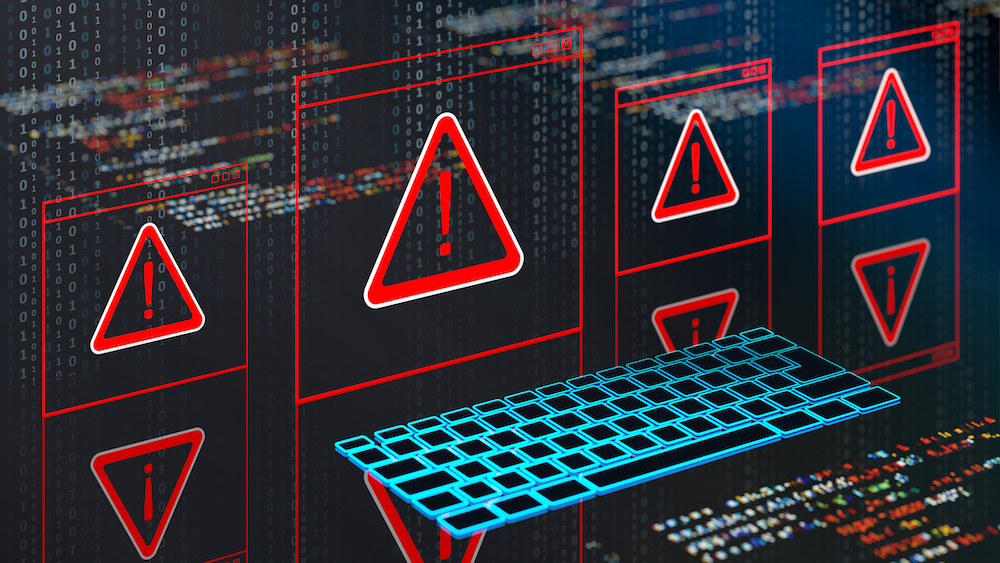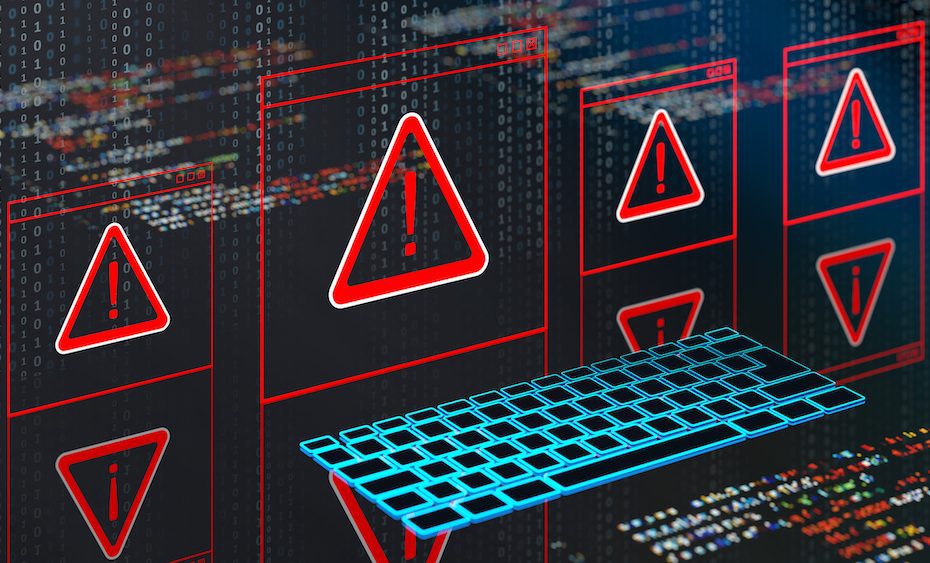
Paragon, who responded to the findings of the committee, accused Italian authorities of refusing to perform a thorough technical verification – an assessment that she believed could have solved the issue.
Apart from the focus on investments, the Atlantic Council notes that the global Spyware market 'grows and evolves', with its dataset extended with four new suppliers, seven new resellers or brokers, 10 new suppliers and 55 new people who are linked to the industry.
Newly identified suppliers include the bindency of Israel and the Sio of Italy. Among the resellers are front companies connected to NSO products, such as Panama's KBH and Comercializadora de Solucions of Mexico Integrales Mecale, as emphasized by the Mexican government. New suppliers are the British CoreTech Security and the Zerozex of the VAE.
The report emphasizes the central role that these resellers and brokers play, which states that it is “a remarkable under -research set actors”. According to the report: “These entities act as intermediaries, which cover up the connections between suppliers, suppliers and buyers. Often intermediaries connect suppliers with new regional markets.”
“This creates an extensive and opaque Spyware -Supply Chain, which makes business structures, jurisdiction -arbitration and ultimately accountability a challenge to disrupt,” says Sarah Graham, who has the co -author's report, says Wired.
“Nevertheless, resellers and brokers are not a current characteristic of policy reactions,” she says.
The study reveals the addition of three new countries related to Spyware activity – Japan, Malaysia and Panama. In particular, Japan is a signer of international efforts to curb spyware abuse, including the joint explanation of efforts to combat the proliferation and abuse of commercial spyware and the Pall Mall Process Code of Practice for States.
“The discovery of entities that are active in new areas of law, such as Japan, emphasizes possible conflicts of interest between international obligations and market dynamics,” says Graham.
Despite the efforts of the BIDEN administration to limit the Spyware market through its executive order, trade and visa restrictions and sanctions, the industry has largely continued to operate without restraint.

